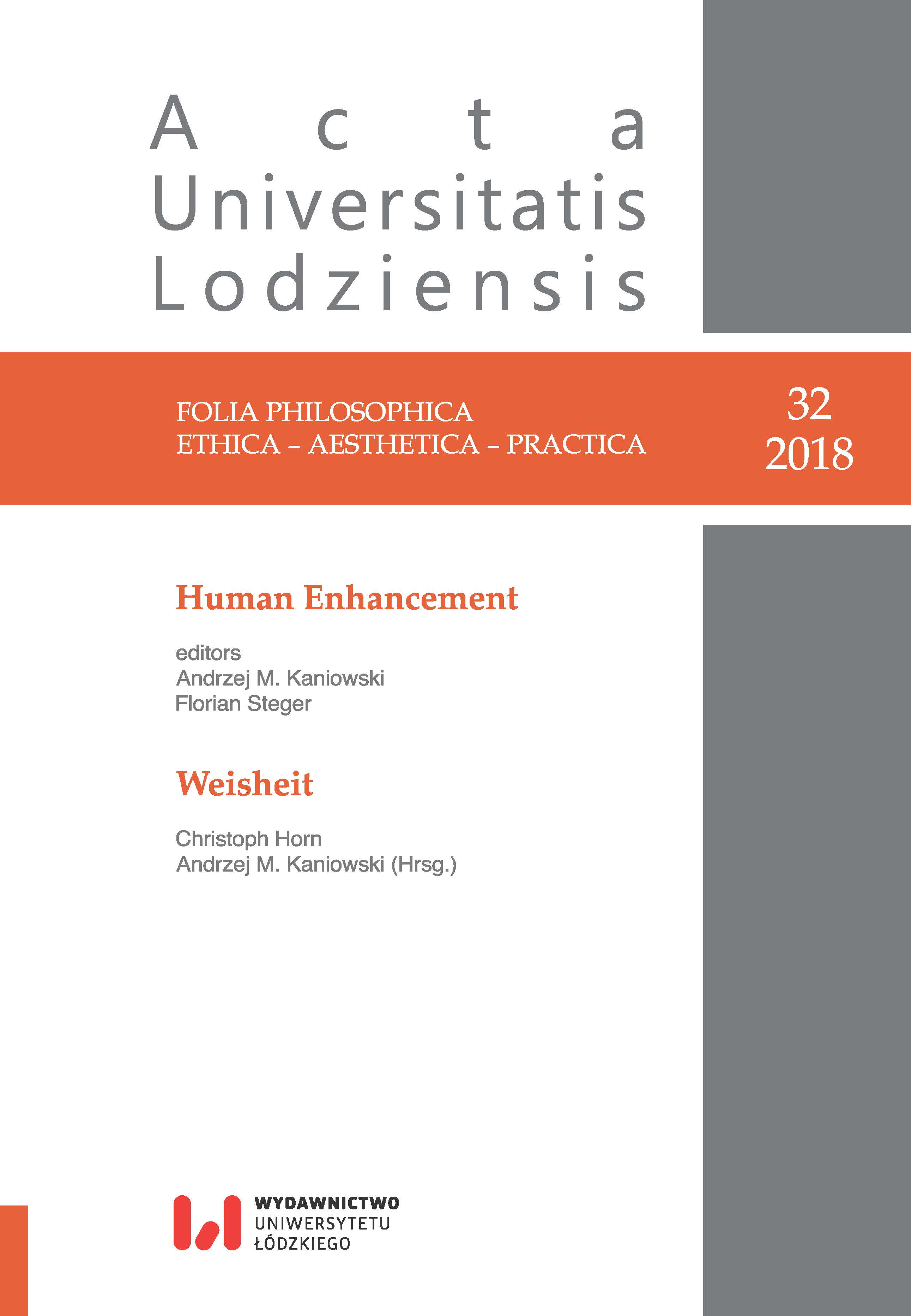Weisheit vs. Lebensweisheit – mit einem Seitenblick auf Schopenhauer
Wisdom vs. lebensweisheit – with a side glance at Schopenhauer
Author(s): Dieter BirnbacherSubject(s): Philosophy, Ethics / Practical Philosophy
Published by: Wydawnictwo Uniwersytetu Łódzkiego
Keywords: Schopenhauer; wisdom
Summary/Abstract: An increasingly complex and intransparent world makes for an increasing demand for trustworthy orientation. Thence the increasing demand for wisdom. What is wisdom? Wisdom primarily depends on the independence ascribed to a person or institution, but that does not imply that the notion of wisdom is amenable to an explicit definition. It is proposed to construct it as a cluster concept with cognitive, psychological and moral elements. The difference then becomes apparent between wisdom and lebensweisheit. The latter corresponds to prudence as understood by Epicurus and, in the same tradition, Schopenhauer, and lacks the moral elements essential to wisdom. In conclusion, the question is asked how far Schopenhauer, one of the most popular teachers of lebensweisheit in modern times, can be qualified as wise. This question is given a skeptical answer. Schopenhauer meets many, but not all conditions necessary for wisdom.
Journal: Acta Universitatis Lodziensis. Folia Philosophica. Ethica - Aesthetica - Practica
- Issue Year: 2018
- Issue No: 32
- Page Range: 101-113
- Page Count: 13
- Language: German

